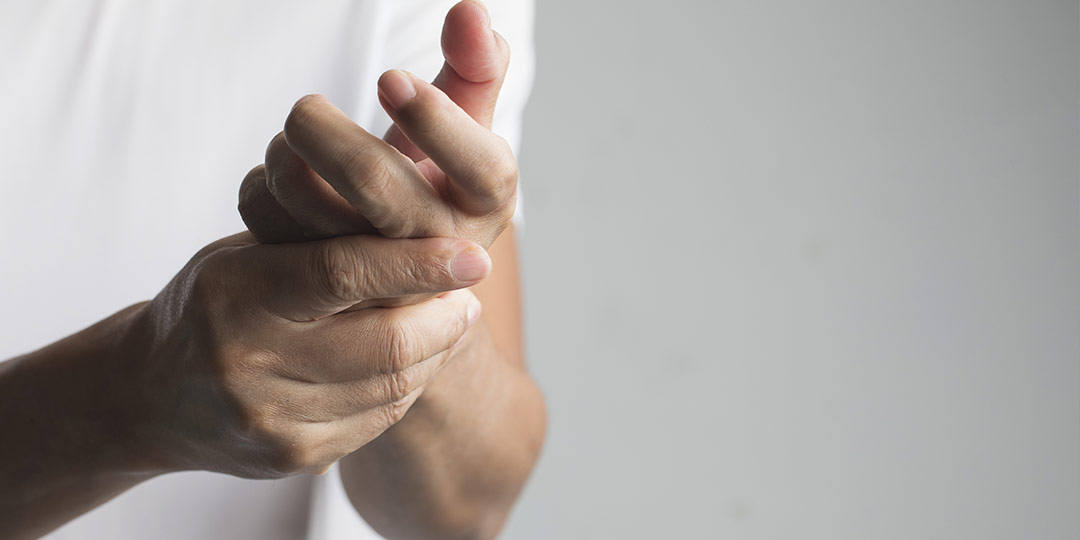Peripheral Neuropathy Treatment

Peripheral neuropathy refers to the conditions that result when nerves that carry messages to and from the brain and spinal cord from and to the rest of the body are damaged or diseased. The peripheral nerves make up an intricate network that connects the brain and spinal cord to the muscles, skin, and internal organs. This is a progressive disorder that only gets worse over time.
Neuropathy causes tingling or numbness, especially in the hands and feet. It affects more than 20 million Americans and is caused by damage to single or multiple nerves. There are different types of peripheral neuropathy, but the most common is in those with diabetes.
Peripheral neuropathy may develop at any phase of the diabetes journey, even sometimes as a pre-diabetic or while taking medications. Knowing what some of the causes are and being able to describe your symptoms to your health care team can help you manage neuropathy. Symptoms are often ignored by both patients and health care professionals. If you have symptoms of neuropathy, it is important to discuss this with our health care team as soon as possible.
Treatments for Neuropathy:
The peripheral nerves have a great ability to heal. Even though it may take months, recovery can occur. However, in some situations, symptoms of neuropathy may lessen, but not completely go away.
Treatments for peripheral neuropathy depend on the cause. For instance:
- If it is related to nutritional deficiencies, supplements may help
- If the neuropathy is related to a medical condition, such as diabetes or thyroid dysfunction, addressing the condition can sometimes reverse the neuropathic symptoms.
For neuropathy related to chemotherapy, most treatments are supportive and designed to improve symptoms and function.
Recovery may be helped by:
- Controlling and correcting contributing conditions such as diabetes or hypothyroidism
- Improving blood flow with oxygen to the body with Total Brain & Body O2
- Advanced therapies such as Laser, PEMF, Hako Med, Calmare, Pulse Wave, G5, Lumbar Traction, Nitric Oxide supplements, etc
Patients with temperature sensitivity should avoid extreme temperatures and use protective clothing as needed. If there is numbness or an inability to feel pain, it is important to pay careful attention to the skin on the hands and feet because there could be an undetected wound or a break in the skin.
